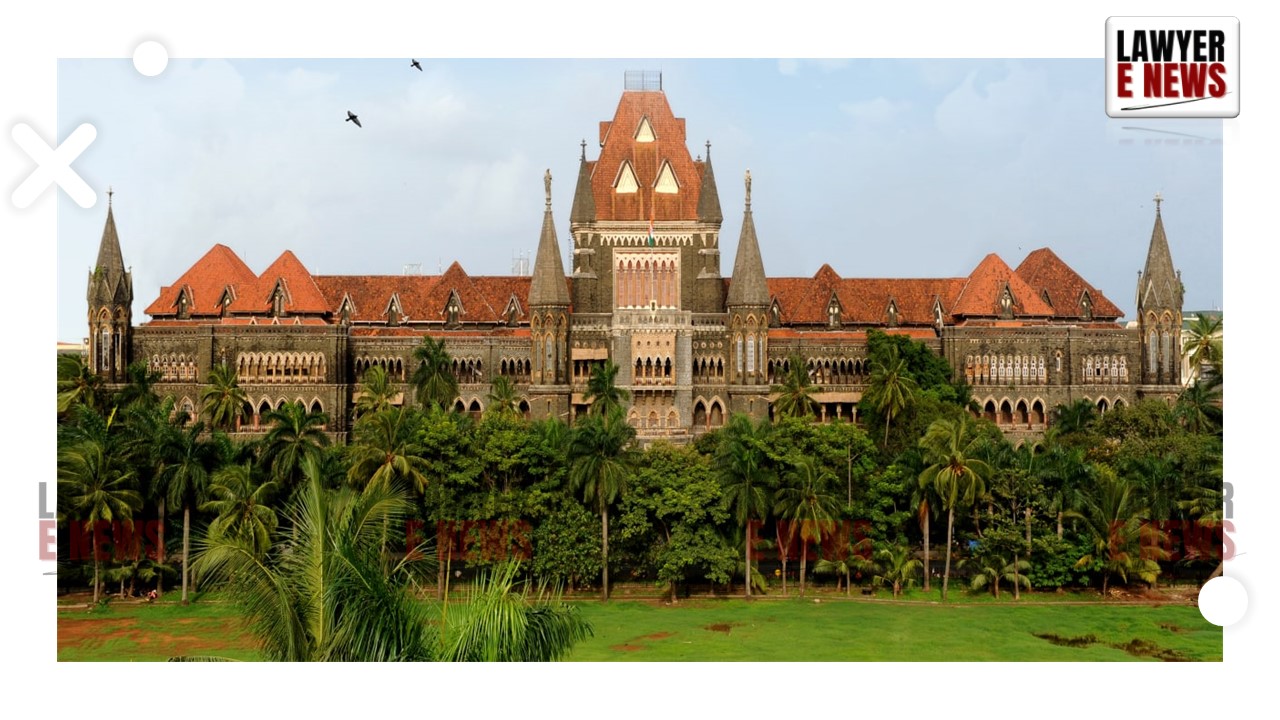-
by Admin
15 February 2026 5:35 AM



Bombay High Court upheld the rejection of the petitioner’s claim that he belonged to the “Mana” Scheduled Tribe. The Court found significant evidence of manipulation in historical documents and observed that the petitioner failed to satisfy the burden of proof under applicable legal standards.
Ansh Kiran Gharat filed a writ petition challenging the order of the Scheduled Tribe Caste Certificate Scrutiny Committee, Nagpur, which had denied him a Scheduled Tribe certificate for the "Mana" caste. The petitioner relied on 16 documents, including pre-constitutional records and 12 validity certificates issued to his relatives, to substantiate his claim. The Committee, however, found inconsistencies in the evidence, including tampering in key historical documents, and rejected his application.
The petitioner argued that the Committee erred by disregarding documents in his favor and relying on adverse entries that referred to "Mani" and "Mane" as his ancestors’ caste. He also cited judgments, including Priya Gajbe v. State of Maharashtra, to argue that “Mani” was often a clerical error for “Mana.”
The Court extensively examined pre-constitutional era documents submitted by the petitioner. Justice Abhay J. Mantri observed:
“The Vigilance Cell discovered that entries in the petitioner’s 1912-13 and 1913-14 land records were altered to replace the original caste designation 'Mani' with 'Mana.' Such manipulations undermine the integrity of the claim and cannot be ignored.”
Referring to the petitioner’s failure to provide a satisfactory explanation, the Court noted:
“Despite being granted opportunities, the petitioner could not explain how the tampered entries aligned with his claim. Manipulated records are inadmissible and only diminish the petitioner’s credibility.”
Citing the Full Bench judgment in Maroti Vyankati Gaikwad v. Deputy Director, the Court emphasized the principle that the oldest entries in historical documents carry the greatest probative value. Justice Mantri stated:
“Documents from 1918 to 1944 consistently identify the petitioner’s ancestors as belonging to ‘Mani’ or ‘Mane’ castes. In contrast, the petitioner’s reliance on manipulated records cannot overcome the evidentiary weight of these oldest entries.”
The Court rejected the petitioner’s reliance on the Priya Gajbe case, where minor inconsistencies in caste terminology were excused, distinguishing it from the current case. Justice Mantri explained:
“Unlike Priya Gajbe, where the error was clerical and unintentional, this case involves deliberate tampering. The distinction is critical, as fabricated evidence cannot form the basis of a legitimate claim.”
The petitioner presented 12 validity certificates issued to his relatives as evidence of their shared Scheduled Tribe status. However, the Court found that these certificates were obtained using similar tampered documents and lacked corroborating affidavits proving blood relations. Justice Mantri remarked:
“The petitioner’s relatives secured validity certificates by suppressing adverse historical entries. Such certificates, obtained without scrutiny, cannot be treated as conclusive proof in this case.”
Dismissing the petition, the Court upheld the Committee’s findings that the petitioner failed to prove his claim under Section 8 of the Maharashtra Caste Certificate Act, 2000. Justice Mantri concluded:
“The Committee’s decision is supported by cogent evidence, including multiple adverse entries and the petitioner’s reliance on manipulated records. The burden of proof rests firmly on the claimant, and in this case, it has not been discharged.”
The Court also directed the Committee to review the validity certificates issued to the petitioner’s relatives, highlighting the need for stringent verification processes to prevent misuse.
This ruling underscores the judiciary’s strict stance on the manipulation of documents in caste-related claims. By prioritizing the probative value of historical records and scrutinizing procedural lapses, the judgment reinforces the integrity of the caste verification process while upholding principles of justice.
Date of Decision: November 22, 2024
